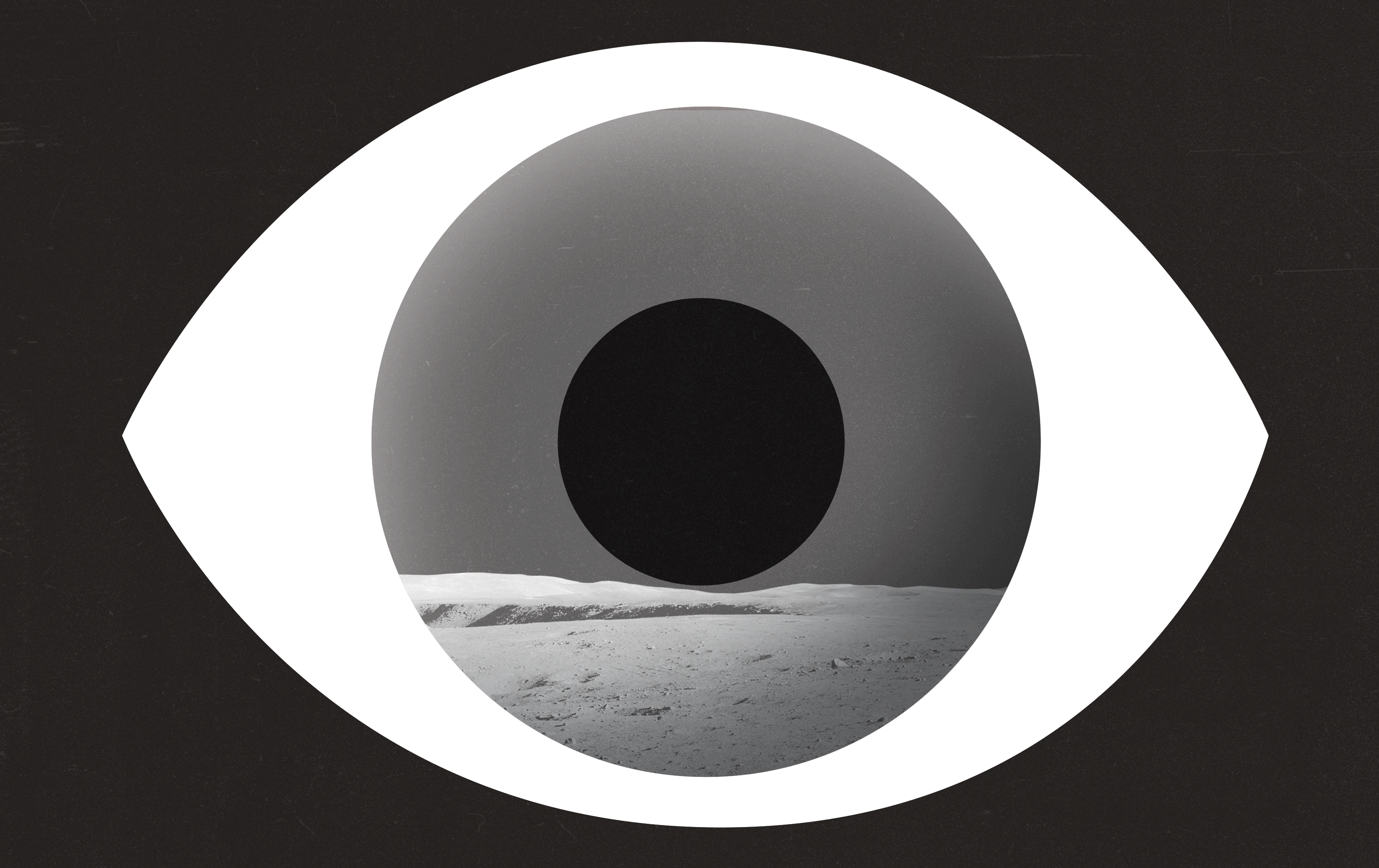Last year, I met Stephen Gaddis, the director of NASA’s Game Changing Development program, at the Glen Raven Innovation Summit in North Carolina, where we were both invited to give presentations. He got up on stage right after me, and the first thing he said was “Dror, I love your way of thinking. I’m sure you could bring a lot of value to NASA, and I want to share with you what we’re working on and see how we can collaborate.” I just thought, Wow!
The following week, he gave my studio a massive presentation about traveling to Mars: how we’re going to get there and how astronauts are going to inhabit the planet. When I got home, I couldn’t stop thinking about our conversation. While discussing it with my wife, Davina, she asked me: “If NASA could take you to outer space, would you go?” I said, “Are you kidding? Of course I’d go.”
I immediately started researching moon landings. Before getting into the whole exploration of Mars and beyond, I wanted to understand how we got to the moon, our motivation for going, and the lessons we took from these expeditions. I was blown away by my findings. We’ve given so much attention to the achievement that we have forgotten to think about what every astronaut who came back from the moon has said: “If every person would gain this perspective, it would change us.” We’ve neglected that because everybody besides these astronauts has only explored the moon landing through low-resolution images, videos, and audio recordings. And that’s it.
I spent the past year listening to recordings, trying to understand how this vantage could change us. I still don’t know, but I believe that the Apollo 11 astronauts were right. The reason is very simple: In this world, how do we gain solidarity and respect? By appreciation. And how can we gain appreciation without having the ability to step outside of our surroundings? In this sense, space exploration becomes meaningful. Even if we don’t find anything satisfying out there—life on other planets or even success in inhabiting them—it’s worth gaining a new perspective. This is the value of travel: to create a more inclusive perspective of life, people, and culture. We will all respect our planet more for it.
At a 2011 National Press Club luncheon, Space X CEO Elon Musk said: “If one could make a reasonable argument that something is important enough to fit on the scale of evolution, then it’s important, and maybe worth a bit of our resources.” His understanding and pursuit of space travel fascinates me, and I agree with it. Solidarity and respect relate directly to what we’re willing to allocate time and resources toward; they need to be something we take more seriously. Maybe through space explorations, we will learn to be more respectful toward our planet and actually save this place. If more people changed their perspectives on Earth, and worked to protect it, then our future would be brighter.
I often look at movements and trends, whether in fashion or food, and I’ve noticed they all start small. Someone with curiosity, ambition, and desire says, “Let’s see if….” That attracts someone else, and then another person. All of a sudden there’s a desire and a movement that inspires change. Progression relates to innovation. What’s innovation? In many ways, it’s walking on an unpaved path, not knowing where you’re heading. How do you know you will reach a destination? You don’t. But if you feel that you have to try, then you must. And from there, you can learn and improve.
The author is a designer, thinker, and dreamer. He is currently at work on an installation, called The Lookback, that re-creates the feeling of being on the moon.

